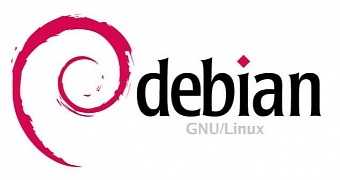Exactly one week after the release of the major kernel update for the Debian GNU/Linux 8 "Jessie" operating system on June 28, the Debian Project, through Salvatore Bonaccorso, has released a new Linux kernel security update.
Debian Security Advisory DSA-3616-1 was published on July 4, 2016, and it looks like, this time, the kernel update patches the long-term supported Linux 3.16 kernel packages of the current stable Debian GNU/Linux release, codenamed Jessie, to fix a total of 5 vulnerabilities that have been discovered upstream.
Additionally, the Debian kernel developers have patched a regression that was introduced during last week's major kernel update in the ebtables facility. Therefore, all users of the Debian GNU/Linux 8 "Jessie" operating system are urged to update from kernel 3.16.7-ckt25-2+deb8u2 to 3.16.7-ckt25-2+deb8u3 as soon as possible.
"Several vulnerabilities have been discovered in the Linux kernel that may lead to a privilege escalation, denial of service or information leaks," reads the security notice. "We recommend that you upgrade your linux packages. Further information about Debian Security Advisories, how to apply these updates to your system and frequently asked questions can be found at: https://www.debian.org/security/."
Always keep your Debian GNU/Linux installation up to date
As noted above by Debian Project's Salvatore Bonaccorso, those who use the Debian GNU/Linux 8 "Jessie" operating system on their personal computers or servers are urged to update their Linux kernel packages immediately for the vulnerabilities mentioned in the security notice to be fixed, by using either the APT (Advanced Package Tool) package manager or a GUI utility.
The new kernel version, 3.16.7-ckt25-2+deb8u3, is now live in the main Debian GNU/Linux 8 "Jessie" software repositories. As with any kernel update, please don't forget to reboot your computer after applying it, and always remember to keep your Debian GNU/Linux installation up to date with the latest security patches by checking for updates regularly.

 14 DAY TRIAL //
14 DAY TRIAL //